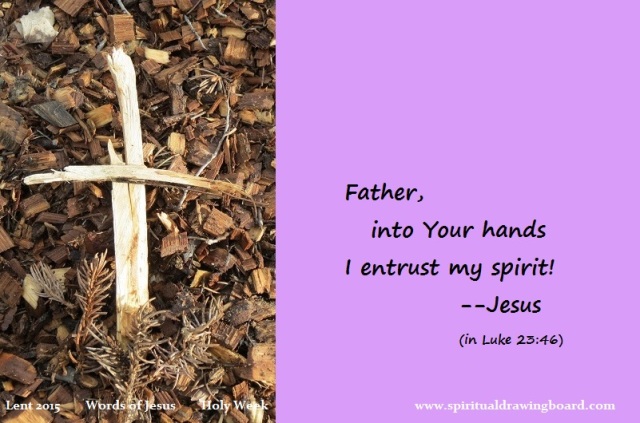Let me be honest: every now and then, Jesus says something that rubs me the wrong way. I can feel that resistance inside myself that says, I don’t want to hear that right now. Could we just talk about that some other time?
This Sunday’s readings are one of those times. We hear the gospel parable about the workers in the vineyard (Matt. 20:1-16). The property owner goes out early in the morning to find people to work in the vineyard. Once the early birds are working, the owner goes out several times during the day to find still more workers standing around idle (read that: can’t find work), so he hires these other workers as well.

At the end of the day, the early-bird workers are paid the full day’s wages. But then a surprising thing happens: the other workers are also paid a full day’s wages, despite the fact they worked fewer hours.
Naturally, the early-bird workers, who toiled long hours in the hot sun, are jealous of the Johnny-come-lately workers. They complain to the owner, who responds, in effect, Hey, what’s the big deal? Didn’t I give you the full day wages I promised you, for your full day of work? Can’t I be generous with my own money if I want, and help these other men feed their families tonight if I want to?
The parable ends with Jesus saying these now-famous words:
the last will be first, and the first will be last…
The point of the parable is not about how much a person is paid per hour, but rather about the generous love of God. Jesus is speaking about the kingdom of heaven, in which God’s love and mercy are abundant and infinite. In the kingdom of heaven, the newly converted Christian takes his or her place at the table along side those who followed Christ their whole lives. Those who are of “little account” in the world will have a great place at the heavenly table.
I think some of us are reluctant to dig deeper into this parable because it challenges our status quo. We who are the “early-bird Christians” might secretly feel we are better than the newly converted Christian. The people whose families have been in the United States for generations secretly (or not so secretly) despise the new Americans. Those who are heterosexual may have trouble accepting people who are in same-sex relationships. People working long hours may resent those who receive government assistance.
Jesus’ parable reminds us today that God’s love is far more abundant and far-reaching than we can imagine. We may be jealous of others, or secretly think we are better than others–and therefore more deserving of God’s attention and love–but to this Jesus says we are wrong. God loves those “other people” just as much as God loves me or you. God’s generosity, mercy, and compassion are without end and for all people–much more than we can begin to fathom.
And if God is loving, merciful, and generous towards all people, doesn’t that mean those of us who claim to follow Christ should do the same?
*Artwork credit:
JESUS MAFA. The Late-arriving Workers, from Art in the Christian Tradition, a project of the Vanderbilt Divinity Library, Nashville, TN. http://diglib.library.vanderbilt.edu/act-imagelink.pl?RC=48296 [retrieved September 22, 2017].














